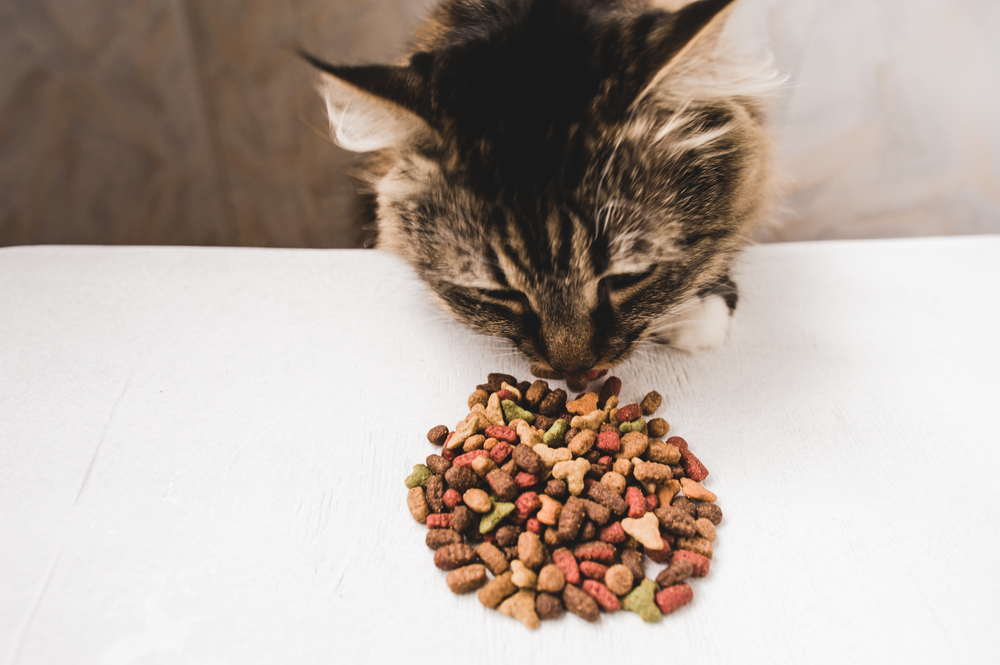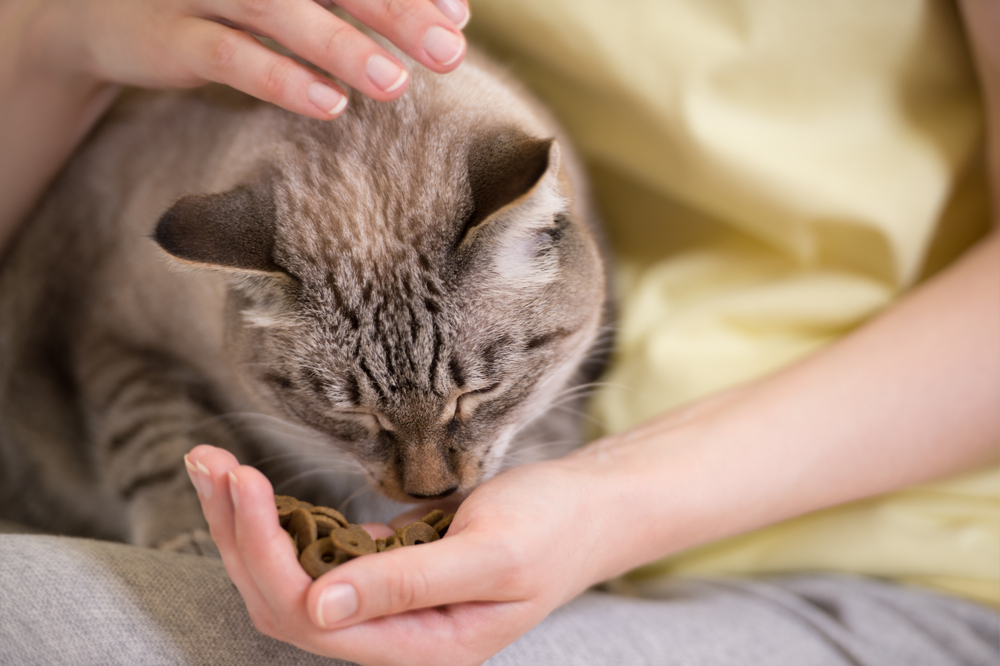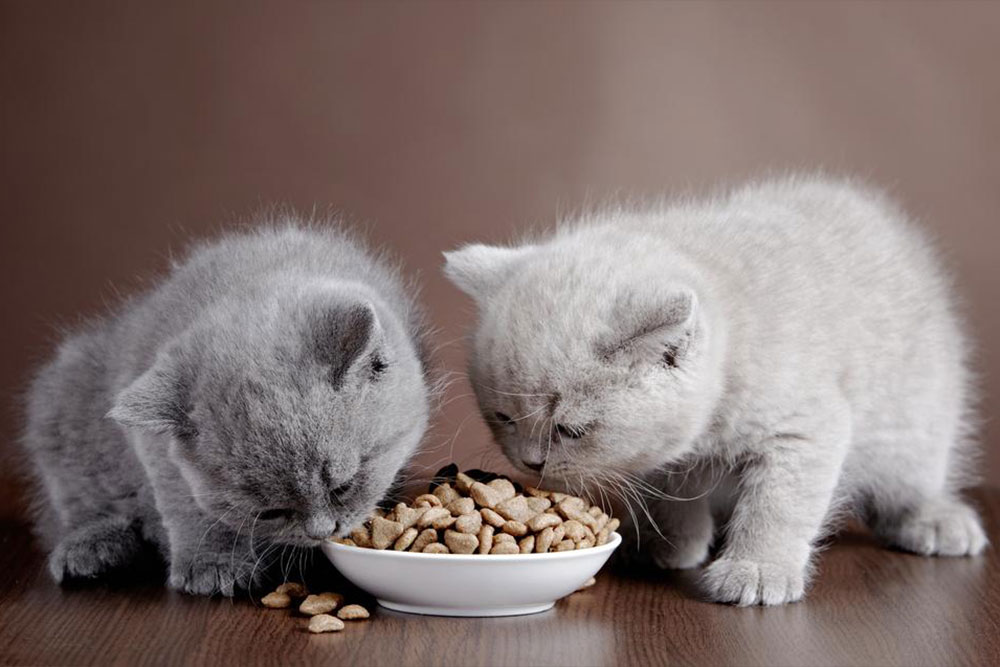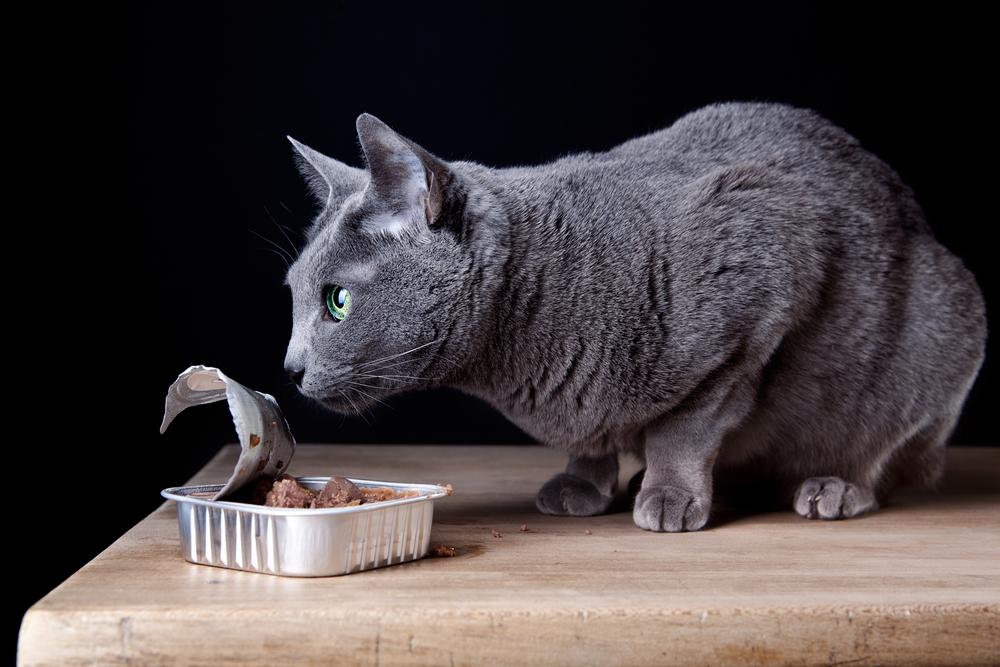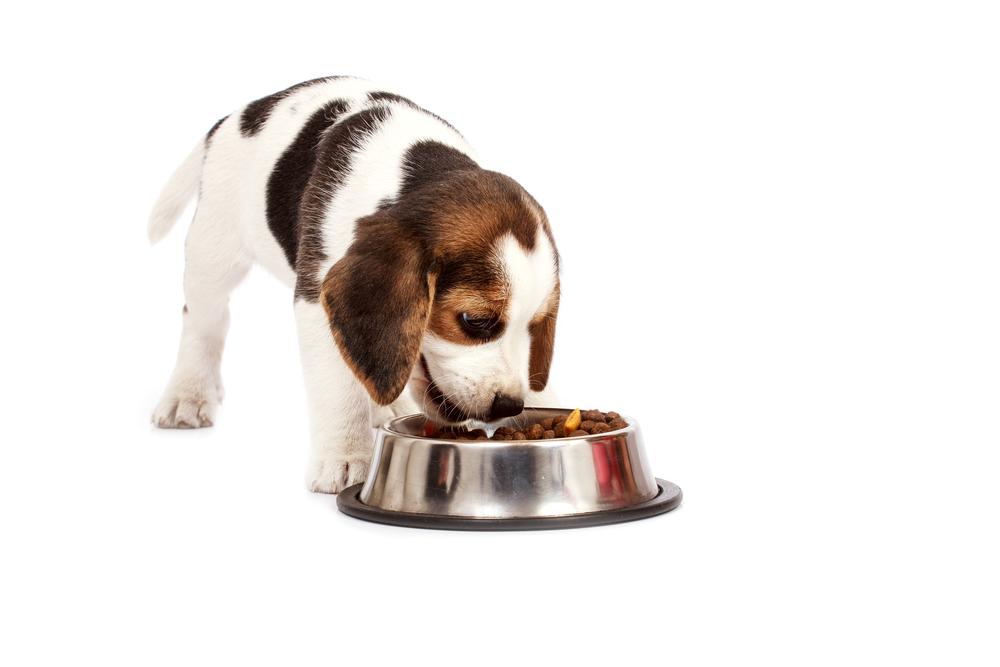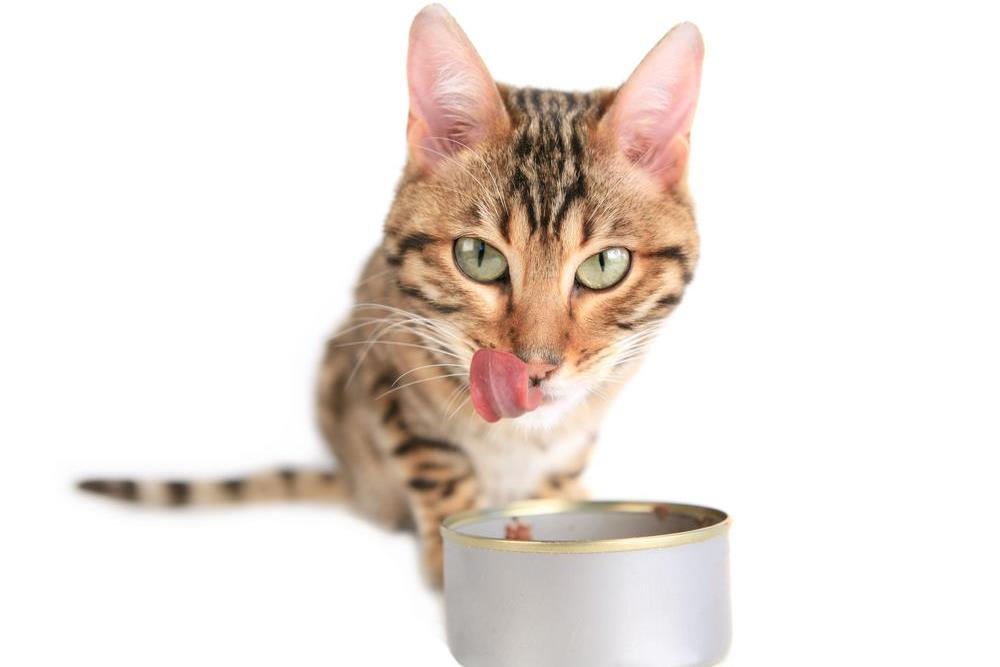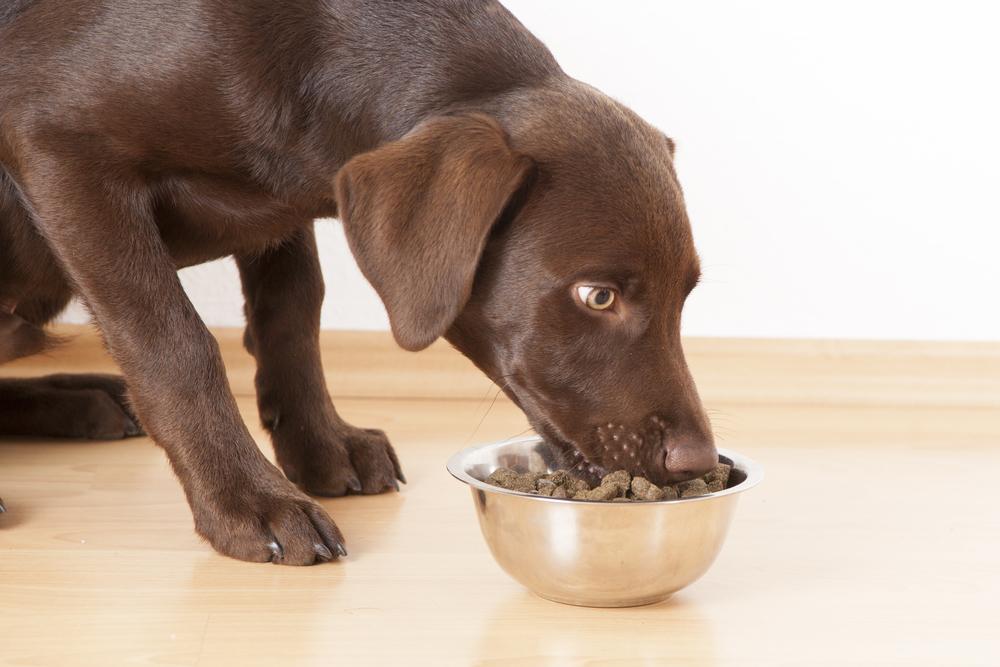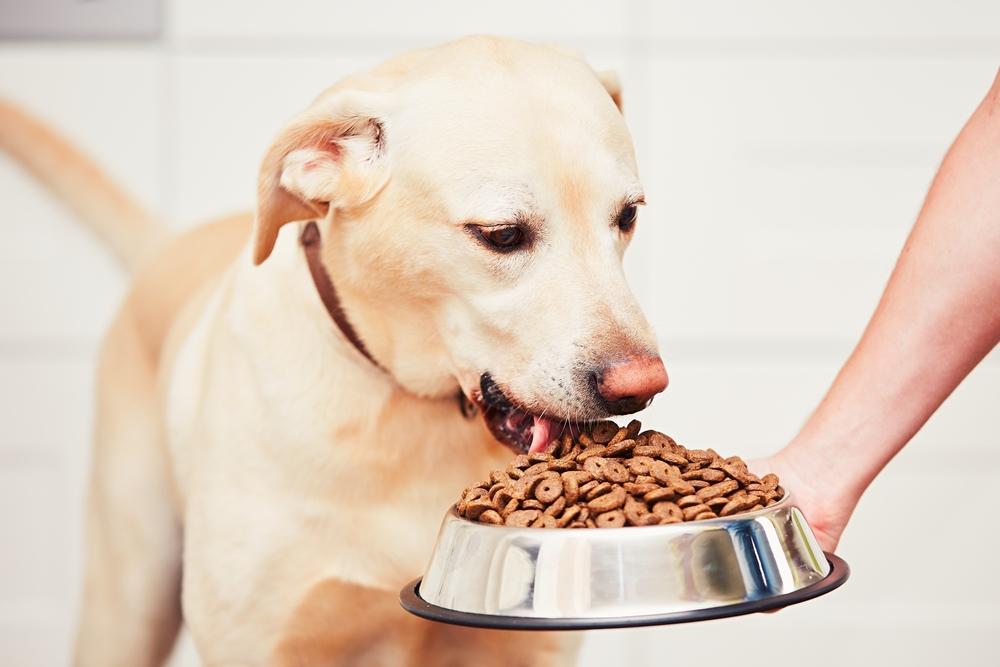Selecting the Perfect Food for Your Indoor Cat
Learn how to select the optimal cat food to support your indoor cat's health at every life stage. This guide emphasizes essential nutrients, diet variety, and safety tips to ensure your feline stays vibrant and healthy throughout its life. Discover the best dietary practices and avoid common hazards for indoor cats.
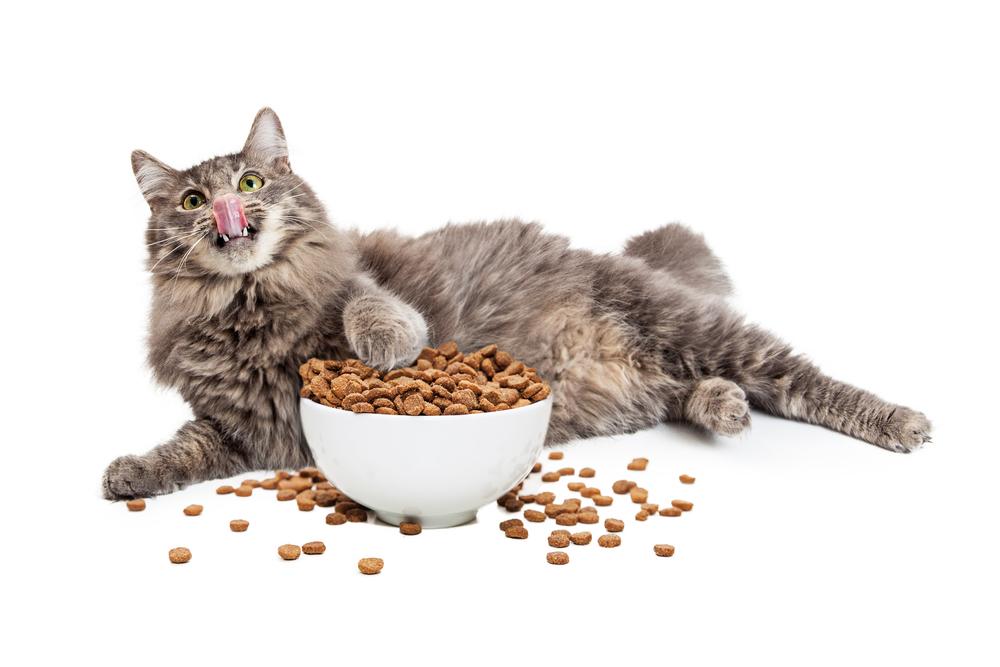
Selecting the Perfect Food for Your Indoor Cat
Providing your indoor cat with the right nutrition is vital for maintaining their health and well-being, as diet is their main source of essential nutrients. Cats are obligate carnivores, meaning they require animal-based proteins and should not be fed vegetarian or vegan diets. Choosing appropriate cat food helps prevent health issues and supports a healthy weight and activity level suited to their breed.
Key nutrients for domesticated cats include:
Proteins:
Critical for muscle development; high-quality sources should supply about 95% of their protein needs from animal origins.
Fats:
Omega-3 and omega-6 fatty acids promote a healthy coat and skin.
Fiber:
Supports digestion and prevents gastrointestinal discomfort.
Vitamins and minerals:
Essential nutrients like vitamins A, E, K, B complex, calcium, phosphorus, and iodine are necessary for optimal health.
Taurine:
An indispensable amino acid vital for overall feline health.
Cats have shorter digestive tracts, making them sensitive to excess carbohydrates such as fruits, grains, and vegetables. Select premium dry foods like Hill’s Science Diet that provide easily digestible carbs. Always review ingredient lists and ensure the food complies with AAFCO standards.
As your cat ages, their dietary needs evolve. Kittens and nursing cats require more calories, fat, and nutrients to support growth and milk production. Older cats need less fat to prevent obesity. Mixing wet and dry food adds variety and keeps mealtime interesting, preventing boredom.
Fresh water must be available at all times. Use automatic dispensers if away or switch to wet food if dehydration is a concern. Avoid feeding table scraps, chocolates, caffeine, raisins, grapes, onions, or dairy products, which can harm your feline friends.
Understanding and adapting to your cat's dietary changes throughout life ensures they remain healthy and vibrant—an essential part of responsible pet ownership.

